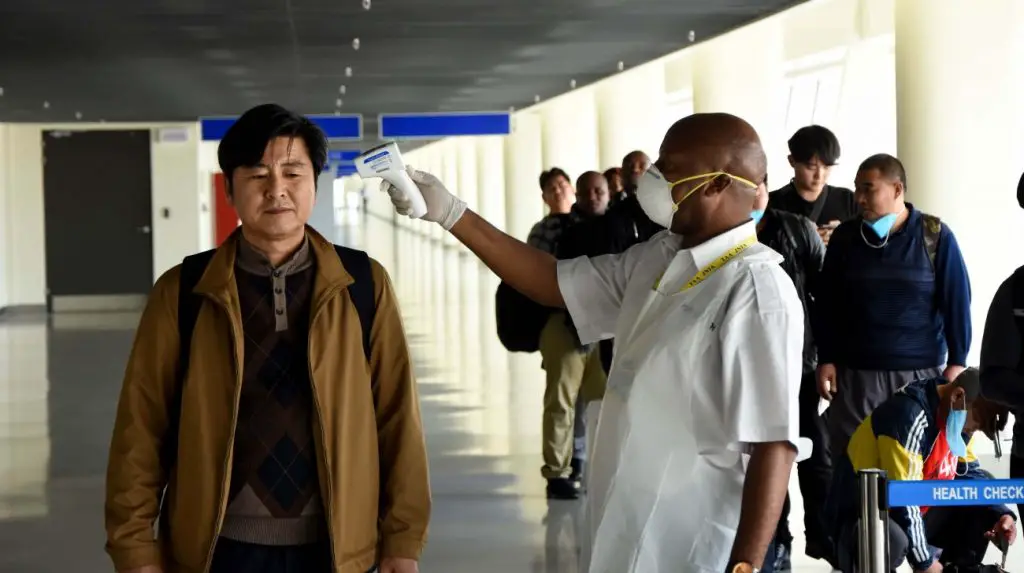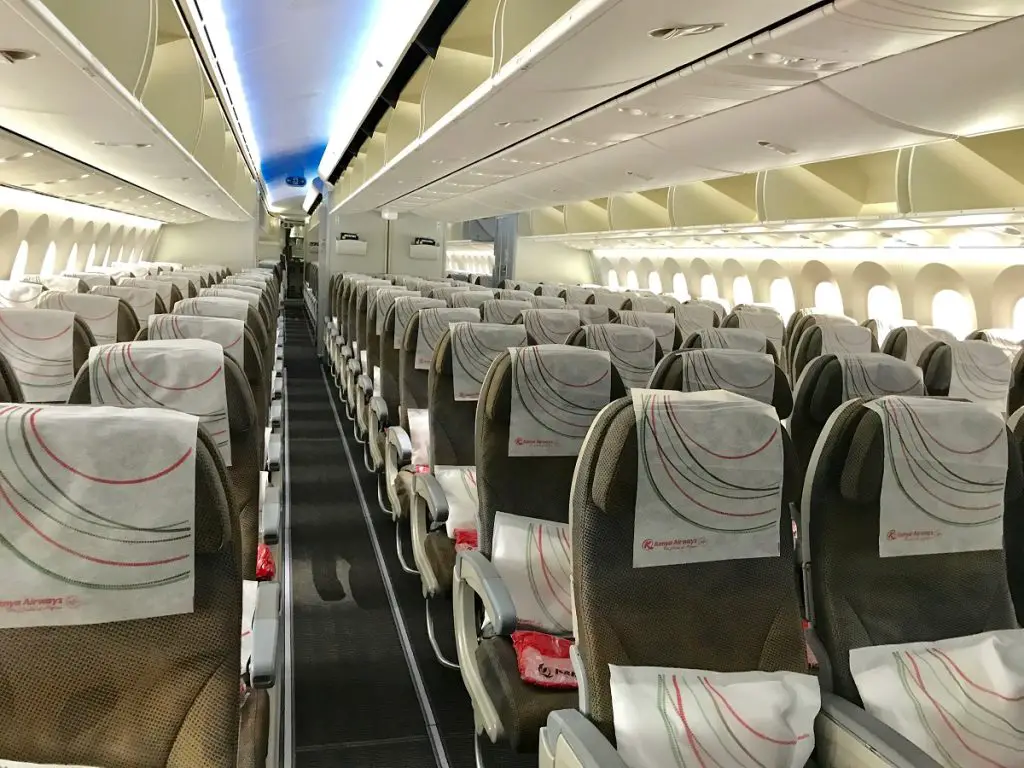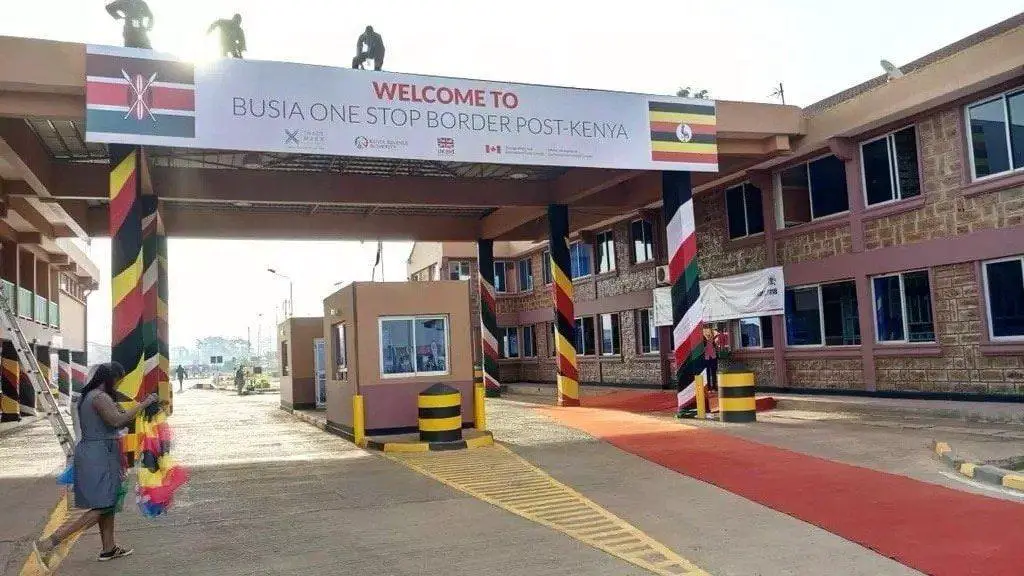- Africa Fintech Accelerator Program: Nigeria Dominates List of 20 Startups in the Continent
- Soil Health For sustainable Agricultural Systems in Africa
- Kenyan Manufacturers Raise Objections over Finance Bill 2024 Proposals
- How COMESA project seeks to accelerate horticulture sector growth across East Africa
- 2024 Economic Survey: Kenya sparks growth with 848,200 new jobs in a year
- Kenya’s economy posts 5.6 per cent GDP growth in 2023
- The Crucial Role of Private Capital Africa’s Economic Development
- Kenya’s Marine Potential: Fostering Sustainable Blue Economy
Month: March 2020
I remember landing in Mozambique over a decade ago to an atmosphere of excitement. Foreign companies at that time had recently discovered major natural resources.
It was the time of the “coal rush” in the northern province of Tete and the initial gas discoveries in the Rovuma basin. It was the beginning of a long journey that years later would see the country start one of the largest LNG projects in history. I have always said that development would happen and be sustained by four pillars. Like dominoes they would fall sequentially, pushing each other in the following order: natural resources; infrastructure; industry and commerce; and agriculture.
I have been approached many times by investors looking for agriculture projects, but time and again the business model fell because there wasn’t the infrastructure to make it viable. Similarly, investors in industry would remark that many projects would simply not have enough …
This article aims to give a general overview about the path towards the opening of a company in Mozambique, bearing in mind the opportunities that the Mozambican Market currently offers and the challenges potential investors may have in understanding the basis and ethos of the legal regime.
First, it is fundamental to explain briefly the more common types of companies before describing more profoundly the legal formalities needed to start a business.
The legislation regulating the incorporation of a company in Mozambique is foreseen in the Mozambican Commercial Code (CCM), enacted by Decree-Law 2/2005 of December 27, which was last amended by Decree-Law 1/2018 of May 4. There are three types of unlimited liability companies (partnerships, limited partnerships and partnerships by shares) and three types of limited liability companies (capital and industry companies, private limited liability companies and public limited liability companies). The focus of this analysis will lay on …
For decades, African leaders have remained detached from the realities of life for the majority leading to neglect of key and essential infrastructure like healthcare.
With the covid-19 coronavirus outbreak, the systems that have been neglected for as long are starting to show signs of breaking even with the enormity of the virus still way below what some individual countries have suffered.
Most of these leaders have always sought treatment abroad, even for basic illnesses and conditions that can be taken care of at home. But with the distrust in the local systems, they have chosen to always fly out and then come back once they have stabilised to continue with the same cycle of plunder and ignorance of what needs to be done.
See: Coronavirus shakes economies, world forced to change perspective on Africa
The latest cases have been those of Muhammadu Buhari of Nigeria who spent the better …
The East Africa Tea Trade Association, the organization that runs the famed Mombasa tea auction has announced that it was postponing indefinitely the planned auction of regional teas, sending the industry into chaos.
With the suspension, 600,000 small-scale farmers and employees. of factories across the region will not be processing tea leaves unless those destined for alternative markets rather than the Mombasa auction.
The postponement comes amid reports that key buyers have failed to turn up for trade at the auction resulting in massive price drops.
“Further developments have come to light with respect to the spread of COVID-19 virus. It is due to this that the East African Tea Trade Association has taken the decision to postpone auction-12, the secondary auction of Monday 23rd and Primary auction of Tuesday 24th April,” noted a statement by Edward Mudibo, the Managing director of EATTA.
According to the figures from the auction, …
According to the Tanzanian Ministry of Health, All 27 people who came in contact with the first patients tested negative for Coronavirus.
Coronavirus (COVID-19) has hit Tanzania, and it is taking a rather serious toll in the East African nation of more than 55 million people, forcing lifestyle choice to change and economic operations to shrink.
In the past weeks, Tanzania had no cases, but currently, there are 6 cases registered in Tanzania. Since the virus made its way to Tanzania, the government of Tanzania has instructed closure of schools, higher learning institutions, and rolled in precautionary measures to various sectors including transport and health.
The ministry of health revealed on 18 March 2020, that the task force tracked all contacts related to the patient, of which have now risen to 27, and tested negative for COVID-19
Since the first case broke, Tanzania has seen a stark rise in hand-sanitizer …
Infections in Africa have been steadily rising after initial indications had shown the continent was not affected by Coronavirus compared to other regions. What started with a few cases in Nigeria and Egypt has risen to over 500 cases and a dozen deaths.
Now, the World Health Organisation (WHO) says there could be more cases that what is officially documented. The explanation according to Ethiopian born and head of WHO is that the tests being conducted by the local governments are not as robust.
“I think Africa should wake up. My continent should wake up,” said WHO chief Tedros Adhanom Ghebreyesus.
WHO reports that there are over slightly over 591 coronavirus patients in Africa and the numbers are rising each day. Egypt reported the largest number of positive cases (196), followed by South Africa (116), Algeria (72), Morocco (49), Senegal (31), Burkina Faso (20), Cameroon (10), Rwanda (8), Democratic Republic …
The airline business is becoming messier by the day as the covid-19 coronavirus continues disrupting business in a way never seen before.
From manufacturing to travel, entertainment to medicine, all sectors of the economy have been jolted by the virus whose epicentre is Wuhan, China. The disease, “a pneumonia of unknown cause detected in Wuhan, China,” was first reported to the WHO Country Office in China on 31 December 2019. From then, it has been a rollercoaster.
The real magnitude of the virus is starting to manifest with deaths, infections and isolations becoming the order of the day worldwide. While the disease in itself is not a death sentence, the fear that people may contract it en masse burdening health infrastructure in several countries has led to people isolating themselves, and observation, in what has now become the norm- social distancing.
See: Coronavirus shakes economies, world forced to change perspective
…When President Uhuru Kenyatta stepped out on his Harambee house offices to announce the measures to curb the spread of Novel Coronavirus, no one knew the effect it would have on the East African citizens. In his announcement, the President gave an allowance of 48 hours for non-Kenyans to arrive and be quarantined after which none will be allowed.
While the rules of engagement for a trade block like East African Community has been to allow the free movement of people, goods, and services, Coronavirus has stepped to challenge this notion, with most countries viciously guarding their borders against foreign entry.
In regional bodies like the European Union, the movement of people and goods across the region is becoming more difficult with border chaos being witnessed in countries traditionally with the easiest border crossing exercises.
In East Africa, crossing the boundary is even harder. After Kenya announced the crossing of …
In 2017, 11 of the 43 major infrastructure projects in East Africa were in Kenya and while these numbers may have shifted, the dynamics have not changed much for the region.
For the past 20 years, East Africa has experienced an unprecedented real estate boom which has transformed the skylines changing the building landscape and inventory.
While the demand continues, especially for affordable housing targeting the low-income bracket, the shopping malls and office spaces are outpacing demand leading to declining returns in the sector for some.
The East African region still has a high and unmet demand for warehouses, hotels and student hostels as more and more students continue seeking education far from home.
Read: Intra-regional trade could create 2 million new jobs for East Africa
Over the course of time, construction has primarily focused on high-end assets due to the belief that they delivered higher margins and higher returns …
The World Bank Group gave $12 billion to help countries that are dealing with the health and economic effects of the global outbreak of coronavirus.
As coronavirus reaches more than 60 countries in the world, World bank’s financing is designed to help it’s member countries take constructive action to respond and reduce the tragic effects caused by the virus where possible.
Through this new package, the World Bank Group will help developing countries strengthen health systems, by bettering access to health services to protect people from the virus, strengthening the virus surveillance, improving the public health interventions and to reduce the impact on economies by working with the private sector.
To support country-based responses, World Bank’s financial package will be globally coordinated with financing drawn from across International Bank for Reconstruction and Development (IBRD), International Development Association (IDA) and International Finance Corporation (IFC).
Through the coronavirus support package, initial crisis …












